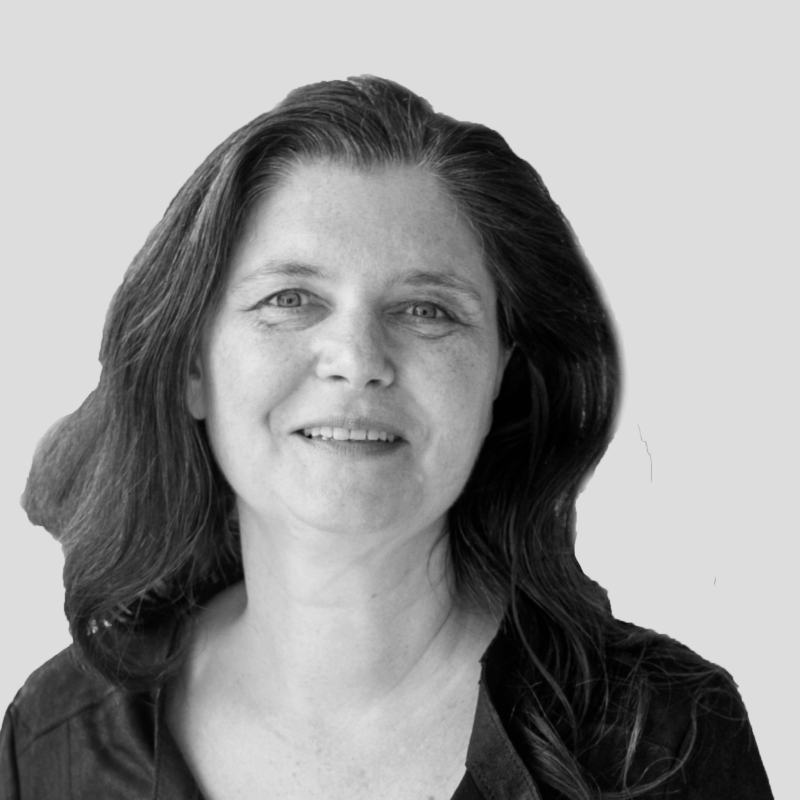AI and Ethics
One of the pillars of IRCAI’s activities has been the Ethics of Artificial Intelligence (AI) since its inception. As a UNESCO Category II centre, its remit is to promote the use of ethical, humanistic, and effective AI to help address the UN’s Sustainable Development Goals (SDGs) and advance UNESCO’s agenda. The centre has been involved in helping prepare the Recommendation on the Ethics of AI adopted by the UNESCO assembly in November 2021. Our role was to host a regional consultation, prepare the report and also help to synthesise the feedback from other regional consultations. We have also been asked to support the work of an Expert Group established by UNESCO on the Implementation of the Recommendation on the Ethics of AI. IRCAI’s focus is to connect the technical underpinnings of AI with both its practical application and its ethical and humanistic ramifications, in order to ensure that the technology is used as effectively as possible in promoting the good of humanity – in terms of human rights as well as the advancement of all the SDGs.
IRCAI has established a number of scientific programme committees (PC) that focus on the different SDGs or groups of SDGs. While one might envisage establishing such a PC on the Ethics of AI, the role of the proposed working group will be more cross-cutting and broad – in that it impacts how AI-supported approaches should be conceived for all the SDGs. It is vital that the ethical principles that we are promoting are realised in all the work that we engage with and inform the applications that we produce: in a nutshell we need to practise ‘ethical by design’ in our own work.
The Ethics Working Group will be the go-to group for realising this ambition. This will involve several functions:
– A point of reference for advice on how to approach ethical questions in the implementation of AI and in particular the definition of ethical by desi
– A focal point for fostering a wider debate about the ethical dimensions of AI , without opposing theoretical and practical ethics, but rather enriching and adjusting each with the other according to a dynamic of “reflective equilibrium” (Rawls 1971). For example: theoretical construction and practical implementation of ethics by design; contextualization of ethical norms; and also ethical implications regarding the internal constraints of algorithmic systems, or ethical issues underlying AI-related ideologies.
– A think-tank for identifying the most effective ways of educating both policy makers and ordinary citizens about the important ethical questions that should be considered to ensure that AI policies and systems bring benefit and not harm in different contexts.
– Ethical oversight of all IRCAI projects, partnerships, funding bids, and other activities, to ensure that the highest ethical standards are met across all our work, and thus ensure that we never accidentally or otherwise engage in unethical activities or ‘ethics washing’.
– Where appropriate, to create documents that act as position statements for IRCAI’s approach to ethical AI and any unfolding challenges that the use of AI systems has directly or indirectly created. Examples include the influence of AI in creating information bubbles, in causing accidents in self-driving cars, and in disempowering teachers and undermining student agency.

Vanessa Nurock
Professor of Philosophy at the Université de Côte d'Azur (France) and UNESCO EVA Chair (Ethique du Vivant et de l'Artificiel /Ethics of the Living and the Artificial)
Vanessa Nurock is Professor of Philosophy at the Université de Côte d’Azur (France) and
UNESCO EVA Chair (Ethique du Vivant et de l’Artificiel /Ethics of the Living and the Artificial). Her research is positioned at the interface between ethics, politics and emerging science.
CONTACT
International Research Centre
on Artificial Intelligence (IRCAI)
under the auspices of UNESCO
Jožef Stefan Institute
Jamova cesta 39
SI-1000 Ljubljana
info@ircai.org
ircai.org
FOLLOW US
The designations employed and the presentation of material throughout this website do not imply the expression of any opinion whatsoever on the part of UNESCO concerning the legal status of any country, territory, city or area of its authorities, or concerning the delimitation of its frontiers or boundaries.
PRIVACY POLICY